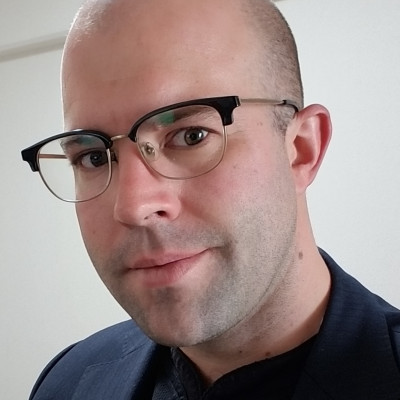Sessions /
Plurilingualism in Japan: What are we talking about?
#1297
“Concepts travel, and it is better to know that they travel” (Morin, 1990). This presentation seeks to clarify the present dialogue on the concept of plurilingualism, a keyword of this PanSIG conference. Within the discourse of resistance to neoliberal trends in applied linguistics and language education (Kubota, 2014), plurilingualism has also been labelled as a European ideology complicit with neoliberalism (Flores, 2013; Garcia & Otheguy, 2020). Plurilingual education, however, is practiced in contexts around the globe, including Japan. In each new context, the travelling concept takes on new meanings. Through examination of the aforementioned critique, and the Japanese translation of plurilingualism, which contains the potentially unfortunate suffix (-主義), suggestive of ideologies, this presentation aims to delineate the term plurilingualism, which has come to refer to multilingual phenomena, individual competence, and ideology (Coste et al., 2009), but also a theoretical lens (Marshall & Moore, 2018) and a pedagogical stance (Moore et al, 2020). In the Japanese context specifically, interpretations of plurilingualism (e.g., Oyama, 2016) will be examined, before using examples of plurilingual education in Japanese school practice to discuss how plurilingual approaches can help learners and teachers develop their competencies through critical and reflexive engagement with languages.
Presentation Assets
Slides/Related Research
Slides and related research available @ researchmap: https://researchmap.jp/drpearce/ Also @ researchgate: https://www.researchgate.net/profile/Daniel-Pearce-7/publications
